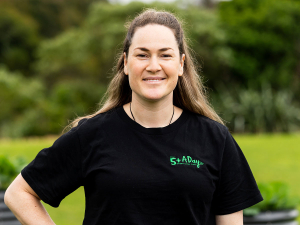LABOUR'S JUST announced immigration policy will heavily penalise growing businesses say New Zealand's horticulture and viticulture industry organisations.
Instead of paying overseas workers the same as local workers, this policy would require employers to pay overseas workers more than local workers, doing the same work.
The policy will also require New Zealand employers involved in the Recognised Seasonal Employer Scheme to pay for overseas workers' accommodation, rather than just arrange accommodation.
RSE employers are already required to prove there are no suitable local workers available to do the work before they are given approval to bring in limited numbers of workers from the Pacific.
"We just can't understand why those employers who find it difficult to find local employees should be further penalised.
"The horticulture and viticulture industries are continuing to grow despite the high NZ dollar and in the face of strong competition globally. We need more people. And we can't get them all in New Zealand," says Horticulture New Zealand chief executive Peter Silcock.
Our industries are growing, creating permanent and seasonal jobs for locals, but there are simply not enough suitable New Zealand workers available to meet the peak seasonal work requirements, he says.
"This is not a well thought out policy. Pricing immigrant labour higher than local labour just does not make sense.
"We are not sure what has driven this change, because we know workers from the Pacific and their governments have been very happy with the scheme," Silcock says.
It allows returning workers to contribute to many community projects and has increased the skills of the workers, for the benefit of the workers, their families and their communities.



















